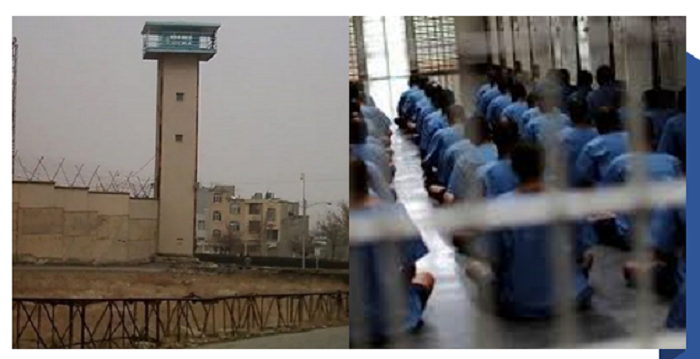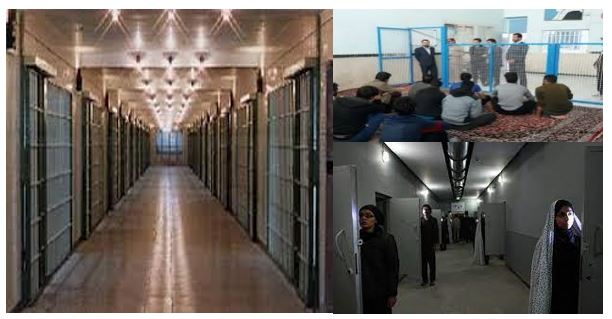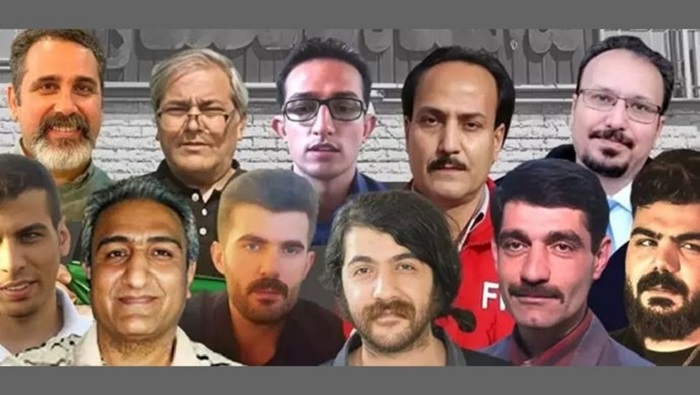Thirteen political detainees held at Ghezel Hesar Prison in Karaj have been stripped of their rights to communicate or receive visits from their families since September 20. This decision was made at the direction of the prison’s criminal director.
HRANA, a human rights-focused website, cited an individual privy to the family of one of these detainees. This informant revealed that when the prisoners’ families visited the facility on September 25, they were informed that the head of Ghezel Hesar prison, Ashkan Kamali, had issued a directive preventing these inmates from engaging in any external communications.
Unexpectedly, these prisoners were shifted from Unit 3 of the prison to the Dar al-Quran Hall of Unit 4, typically reserved for those convicted of drug-related offenses. Personal belongings were left behind during this move.

Prior to their current placement, the regime had forcibly relocated these political prisoners from Evin Prison in Tehran to Ghezel Hesar in Karaj on September 3. Reports indicate that the prisoners faced physical violence and were handcuffed during this transfer. Moreover, their possessions were either destroyed or stolen back in Ward 8 of Evin prison.
The affected prisoners include Loghman Aminpour, Saeed Masouri, Afshin Baymani, and ten others. Some have languished in prison for multiple decades, while others found themselves incarcerated following the 2022 uprising.Upon their arrival at Ghezel Hesar, these detainees were placed in cramped cells, typically reserved for those on death row awaiting execution.
Saeed Masouri, one of the transferred political prisoners, penned an open letter describing Ghezel Hesar as a “black hole.” He depicted it as a place where the regime’s supreme leader and the judiciary chief hurl individuals, regardless of age, to face dire circumstances.

Masouri highlighted the severe lack of basic amenities, including nutrition, hygiene, medical care, and personal space. In his words, prisoners are crammed into tiny spaces without rights to even the most basic human necessities. This bleak portrayal and the recent crackdown on prisoners’ rights underscore a growing concern for the treatment and well-being of political detainees in Iran.

MEK Iran (follow us on Twitter and Facebook), Maryam Rajavi’s on her site, Twitter & Facebook, NCRI (Twitter & Facebook), and People’s Mojahedin Organization of Iran – MEK IRAN – YouTu








